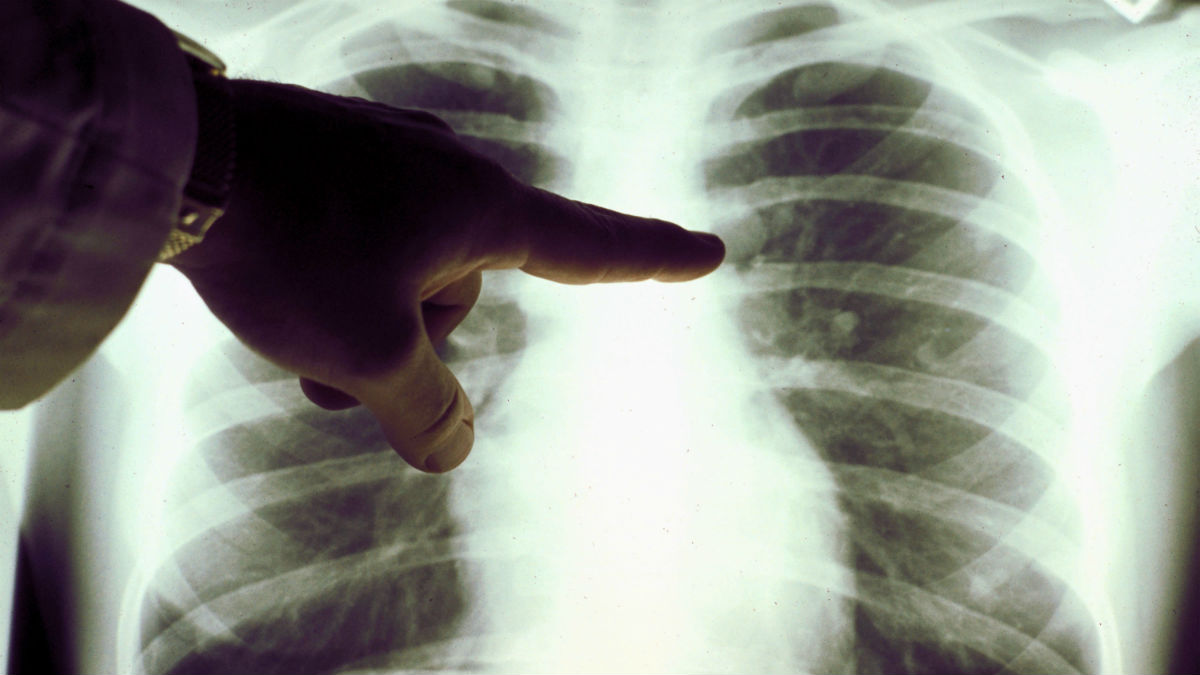Cancer 'no longer the death sentence it once was'
Survival rate has doubled since the 1970s, says top charity, but NHS is under increasing strain

A free daily email with the biggest news stories of the day – and the best features from TheWeek.com
You are now subscribed
Your newsletter sign-up was successful
People are twice as likely to survive at least a decade after being diagnosed with cancer as they were at the start of the 1970s, according to a leading cancer charity.
Macmillan Cancer Support has published a report that reveals that more than 170,000 people in the UK who were diagnosed with cancer four decades ago are still alive today.
"It's clear that having cancer is no longer necessarily the death sentence it once was," Professor Jane Maher, the charity's chief medical officer, told the Daily Telegraph. This, she said, was "cause for celebration." She pointed towards improved treatments and faster diagnoses as reasons for increased survival rates.
The Week
Escape your echo chamber. Get the facts behind the news, plus analysis from multiple perspectives.

Sign up for The Week's Free Newsletters
From our morning news briefing to a weekly Good News Newsletter, get the best of The Week delivered directly to your inbox.
From our morning news briefing to a weekly Good News Newsletter, get the best of The Week delivered directly to your inbox.
A nurse who worked in cancer services in the 60s, 70s and 80s spoke of the taboo surrounding the disease and how it has lifted.
"No one talked about cancer," said Sally Jorden. "If a patient was diagnosed, their relatives begged us not to tell them. Of course, we had to tell the patient the truth but we understood their loved ones were trying to shield them from what was considered a death sentence."
However, the charity warns that the disease continues to leave a legacy of side effects, especially mental health issues. Greig Trout, who has survived cancer twice, says he became "gripped by anxiety, and the fear of cancer coming back, or the fear that maybe it hadn't gone".
"I felt guilty, angry at myself," the 37-year-old told the BBC. "At times I was thinking 'am I ungrateful for feeling this way after having survived when so many others don't?'."
A free daily email with the biggest news stories of the day – and the best features from TheWeek.com
Macmillan chief executive Lynda Thomas said the challenge for doctors and nurses is to "keep up to speed" with the potential side-effects as new treatments emerge. She also warned of the strain it was putting on the health service. "What we are seeing is that a lot of people are coming in and out of treatment, so all of that does put pressure on the NHS," she said.